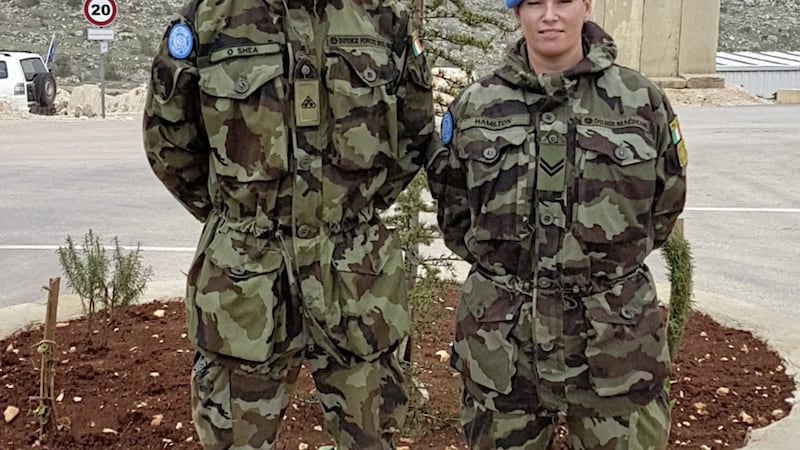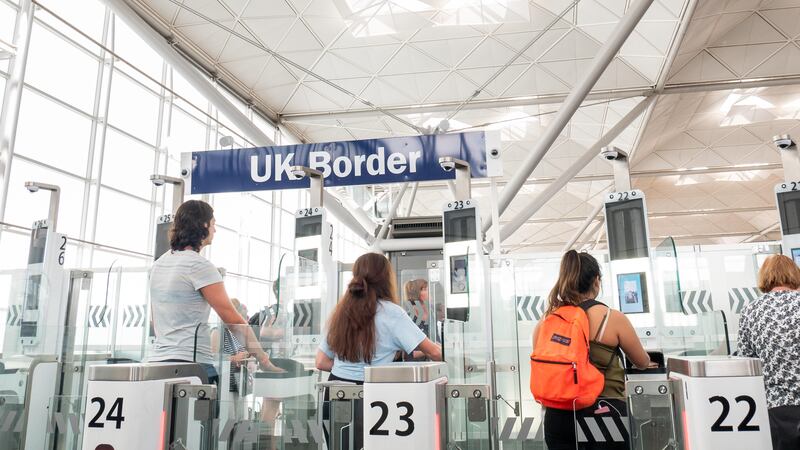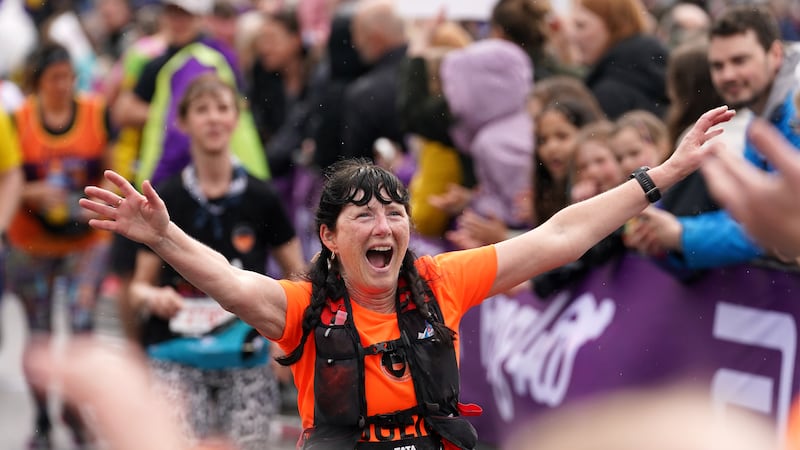A NAVAL officer on peacekeeping duty in Lebanon broke down as she recalled the trauma of her last mission - rescuing migrants and refugees on the Mediterranean.
Jill Hamilton, from Cobh, Co Cork, fought back tears as she remembered a two-year-old girl being pulled from a boat where her mother lay dead.
"It's something that doesn't leave your head, your mind," she said.
The communications operator with 19 years service in the navy was posted on the LE Roisin for three months last summer.
On her return home she did not hesitate to take up a new post on the Unifil mission in south Lebanon, despite the obvious trauma in her mind of multiple migrant rescues on Operation Pontus.
Standing at an outpost in the Atiri townland overlooking the "Blue Line" war zone between Israel and Lebanon, Ms Hamilton revealed a harrowing story of a toddler watching unsuccessful attempts to save her mother's life.
The incident took place last July as migrants were taken from a boat in the sea north of the Libyan capital Tripoli.
"I'm getting emotional," she said, welling up with tears.
"What sticks out to me was there was a child up on deck and it was the child's auntie, which we didn't know until afterwards, the child's auntie was looking for her mother.
"We didn't know - obviously with the language barrier and everything - we were trying to see what she was saying.
"But there was one last person being taken from the Rib, the lads were doing CPR on her, and unfortunately that lady never made it.
"And when they told the child's auntie what had happened, the child's mother, that lady, did not make it, it was just traumatic.
"It will never leave me."
Ms Hamilton was involved in multiple rescue operations on the Mediterranean.
The Defence Forces offered personal support teams to counsel naval officers involved in the missions.
Ms Hamilton added: "To see the people, first of all the people on the boats who have seen your boat coming to get them, to see the relief on their faces, and we have brought them on board and they have literally nothing, only a T-shirt.
"And the little children, they're so happy. The children, not realising, obviously, what has just happened or what they are heading into.
"To think people took the chance to get a better life, not knowing whether they are going to come out of it alive. It just goes to show what they are leaving behind.
"It's hard, very hard."
The Naval Service has deployed ships on the humanitarian rescue mission in the Mediterranean since 2015.
More than 10,000 people have been saved.
Ms Hamilton added that she believes the war and associated crisis in Syria does not get the attention it deserves.
"I think it deserves a hell of a lot, more than it gets," she said.
"To see it first hand, taking people off those boats, to see the amount of people coming off those boats, it's something else."








